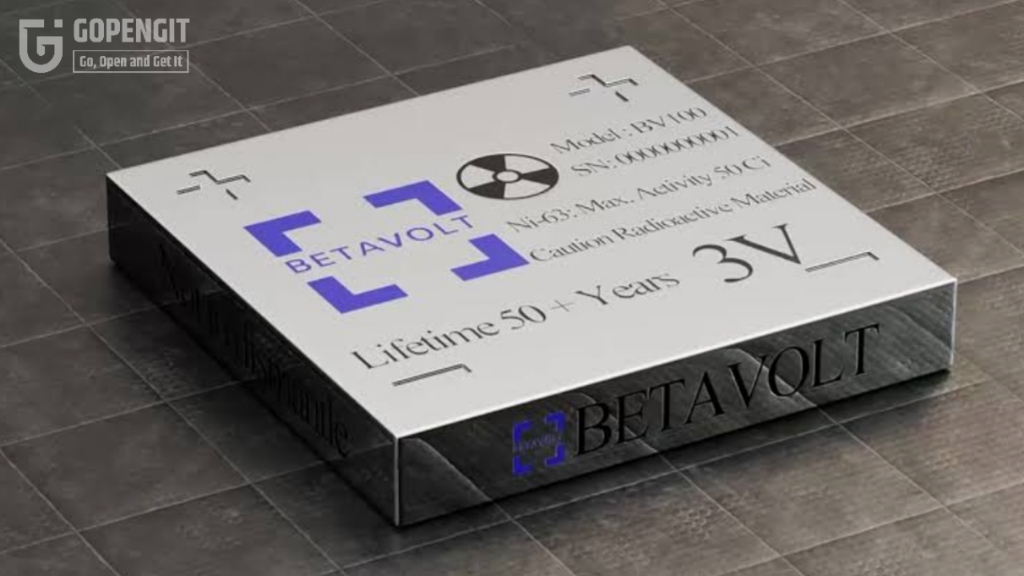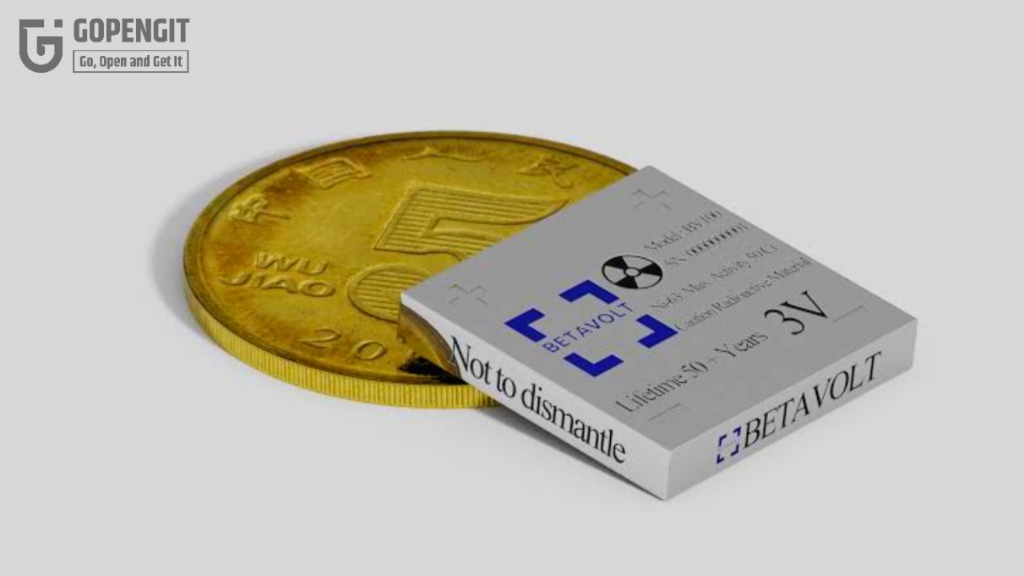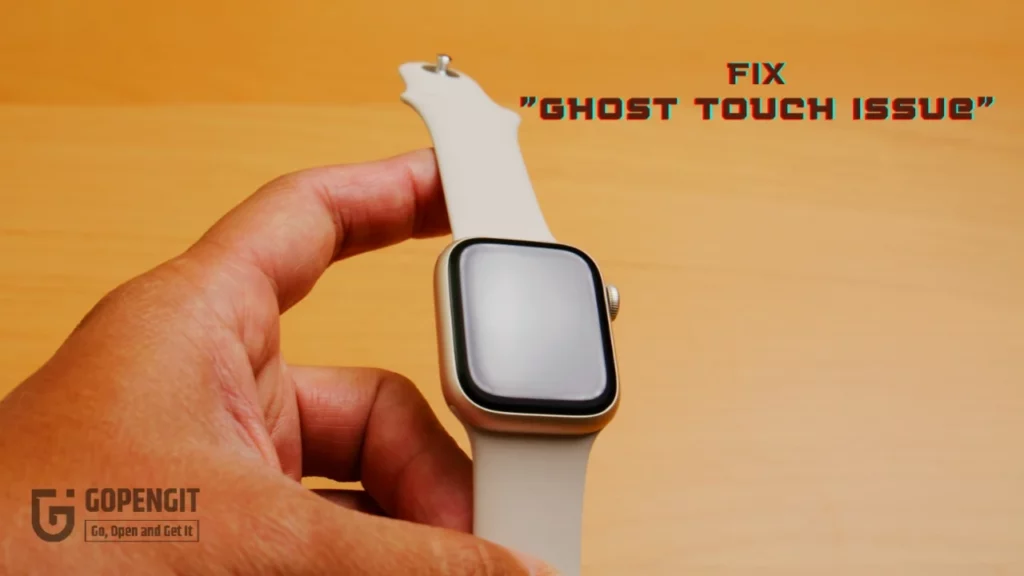Betavolt Battery: Battery technology has not advanced much in the last several decades, despite the continued advancement of smartphone chipsets. The introduction of nuclear batteries, however, may be about to change the scene. A Chinese startup called Betavolt Technologies is leading the way in the development of a radioactive battery that might replace the need for frequent smartphone charging with an astounding 50-year lifetime.
The Prospect of Nuclear Batteries by Betavolt Battery

The development of nuclear batteries for cellphones using the Betavolt technique uses a similar technique to that of space exploration and pacemakers. By using a radioactive battery with an artificial diamond layer functioning as a semiconductor, the business hopes to overcome previous obstacles such as size restrictions and inadequate power supply. Adding an inventive element to power production is the use of the nickel isotope (nickel-63) as a decay source.
Read More : BeatXP Unveils Elegance and Innovation with Eva Smart Watch for Women Launch.
Record-Setting Energy Density
In comparison to modern lithium batteries, the business claims that the atomic energy in their nuclear batteries is 10 times more densely packed. These batteries are remarkably capable of storing 3,300 megawatt-hours in only one gramme, which removes any worries about cycle-related battery deterioration. Additionally, nuclear batteries demonstrate environmental resilience, guaranteeing consistent power production under a range of circumstances.
Advanced Technological Applications with Betavolt Battery
With the Betavolt Battery BB100 model, which measures 15 x 15 x 5 mm and produces 100 microwatts of power, Betavolt Technology has already shown its development. Over the next two years, goals are to enhance the technology to supply up to one watt of electricity. Of particular note is the technology’s assurance of safety: no radiation leaks out of the system, and the breakdown of the nickel isotope yields copper without producing any hazardous compounds. The way we charge our devices might be completely changed by this exciting new direction in battery technology.





